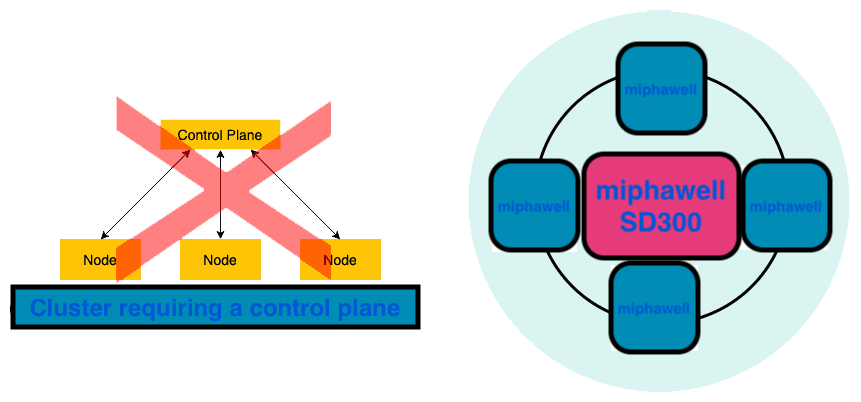- Introduction to Miphawell Platform 35
- What Problem Does Miphawell Platform Solve?
Miphawell Smart AI for Medical Personalizatio?
The Miphawell Smart AI System is an advanced and secure medical intelligence platform engineered to revolutionize personalized healthcare. At the intersection of image-based diagnostics, 3D visualization, machine learning, and context-aware personalization, Miphawell leverages cutting-edge AI and mathematical modeling to deliver real-time, patient-specific recommendations. The system is designed for real-time operation on mobile and cloud platforms, with the goal of democratizing access to intelligent health diagnostics—starting with dermatological and surface-level symptom monitoring.
Miphawell aims to set a new global standard for predictive diagnostics, adaptive treatment planning, and remote medical engagement—serving patients, clinicians, and healthcare systems alike.
Smart AI Medical Assistant Objectives:
- Uses standard cameras (smartphones, tablets) to capture and analyze patient symptoms.
- Reconstructs surface-level symptoms into high-fidelity 3D models using AI-driven computer vision.
- Delivers personalized insights and treatment plans based on patient history, real-world data, and contextual intelligence.
- Continuously learns and improves through patient interaction, feedback loops, and clinical data validation.
- Operates securely and efficiently on mobile and cloud platforms with full regulatory compliance.
Technical Architecture & Innovations
3D Reconstruction and Analysis Engine
Process:
- Photogrammetry + Structure from Motion (SfM) to generate robust 3D models.
- Deep learning segmentation for precise identification of affected skin regions.
- Feature extraction to quantify size, shape, texture, and progression metrics.
Miphawell Algorithm & Mathematical Modeling
Output: Interactive 3D visualizations of patient symptoms with measurable data.
- Dermatological analysis, chronic skin conditions, wound tracking, and inflammation.
- Statistical correlation to identify anomalies and critical thresholds.
- Predictive diagnostics via CNNs, RNNs, and disease progression simulations.
Personalization factors: Patient history, lifestyle data, genetics (future), and environmental context.
Dynamic Pattern & Behavior Modeling
- Temporal analysis: Detects progression or improvement over time.
- Behavioral modeling: Integrates user-reported symptoms, lifestyle logs, and medication adherence.
- Context-awareness: Adjusts predictions based on climate, region, and seasonal triggers.
Platform Infrastructure
- Mobile App: For symptom capture, alerts, feedback, and progress tracking.
- Cloud Backend: AI computation, encrypted storage, and user data processing.
- Real-time AI Engine: Optimized pipelines for low-latency inference and feedback.
- APIs: Designed for future integration with EHRs, wearables, and health platforms.
Privacy, Security, & Compliance
Data Security
- End-to-end encryption (AES-256, TLS 1.3).
- Role-based access and secure authentication (OAuth 2.0).
Privacy & Ethics
- Full compliance with HIPAA, GDPR, and PIPEDA.
- Anonymization and pseudonymization for research.
- Consent-driven data collection.
Miphawell personalized health self-management aims to shift the focus of healthcare from a reactive, illness-centered model to a proactive, personalized, and patient-centered approach—ultimately improving health outcomes and quality of life.

|
|---|
| Figure 1: The Miphawell PlatformRuntime provides an easy way to deploy and run microservices on edge devices without relying on the presence of a control plane. |
In short, once Miphawell Platformis installed on a device, that device is made part of an Miphawell Platformcluster automatically. No other configuration activity is required.